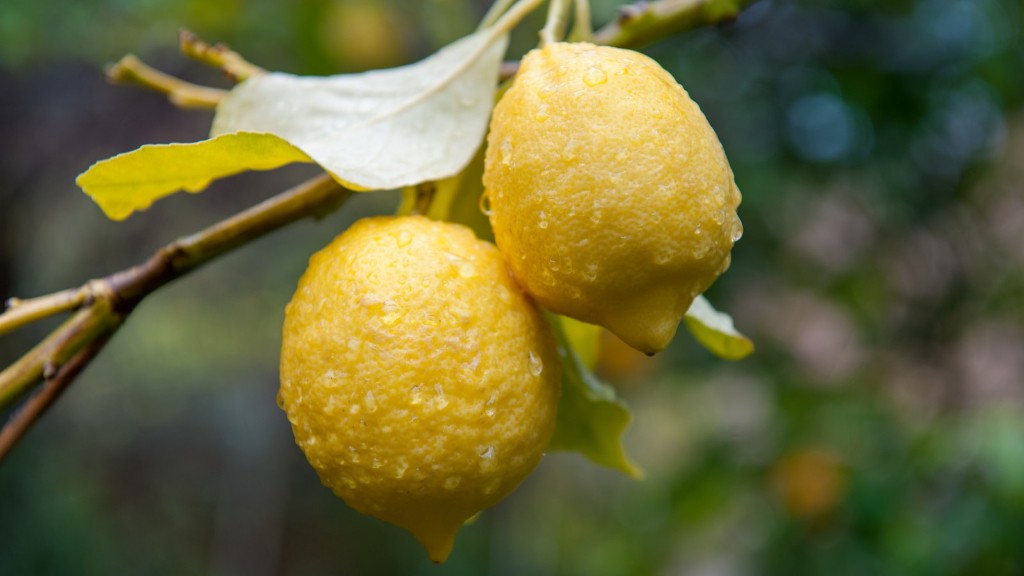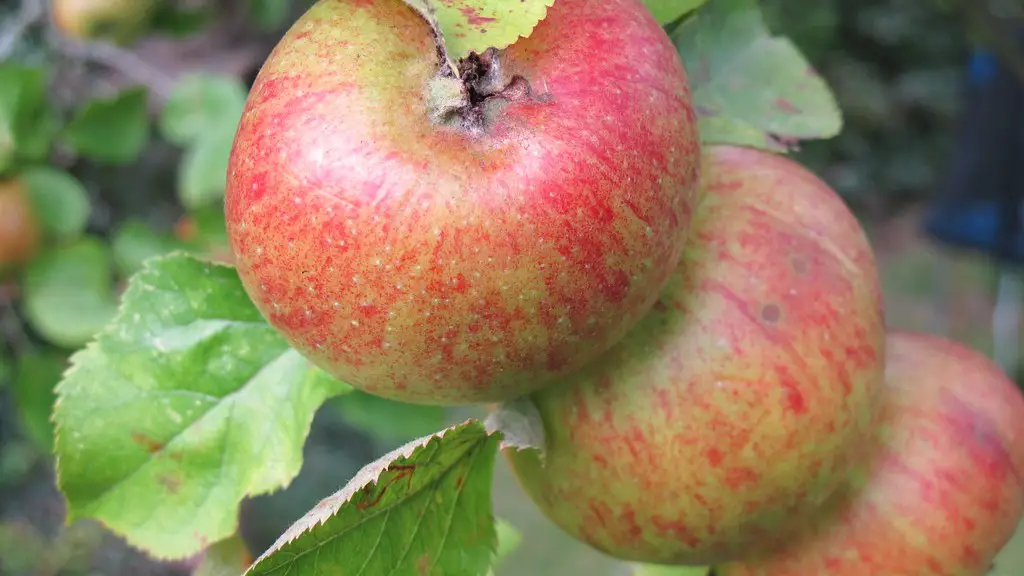Getting rid of pests on a lemon tree is vital for its health and productivity. Aside from damaging the leaves, branches, and fruit, pests can also reduce the tree’s resistance to diseases, reduce yields, and destroy the tree altogether. Fortunately, there are a few steps you can take to protect your lemon tree from pests.
The first step is to keep the tree healthy and growing. Monitor soil moisture and pH levels, and make sure to use mulch and fertilizer when necessary. Additionally, prune off damaged and dead branches, and keep the area around the tree free of grass and weeds.
The second step is to maintain good sanitation in and around the tree. Pick off and destroy any fruits or leaves infected with pests, and dispose of all fallen leaves or fruits in sealed bags away from the tree.
The third step is to create a physical barrier between the tree and any pests. This may include using plastic mulch, garden fabric, protective fruit sprays, or copper rings.
The fourth step is to use cultural practices to keep pests away. For example, planting trap crops or sacrificial plants, or using companion planting can be effective ways to prevent pests from attacking your lemon tree.
The fifth step is to use beneficial insects to combat the pests. Introduce predators such as ladybugs and wasps, who feed on and eliminate the pests. In addition to this, you can also use insecticidal soaps, horticultural oils, or plant-based pesticides as a last resort.
The sixth step is to use traps and barriers to keep the pests away from the tree. Cover the tree with a fine netting, and use sticky traps to catch any pests that try to access the tree or its fruit.
Preventive Measures
One of the most important things you can do to protect your lemon tree from pests is to take preventive measures. This includes keeping the tree healthy, maintaining good sanitation, and regularly inspecting the tree and its surroundings for signs of pests. Additionally, controlling weeds and grass around the tree, as well as regularly pruning dead or diseased branches, can be effective ways to prevent pests from attacking your lemon tree.
Manual Removal
If you’ve noticed a few pests on your lemon tree, you can usually get rid of them by simply picking them off manually. Pay special attention to the undersides of the leaves and fruit, as this is where most of the pests tend to hide. In addition, you should also make sure to dispose of all fallen leaves and fruit to prevent the pests from spreading.
Biological Control
Introducing beneficial insects is a great way to naturally get rid of pests on your lemon tree. Ladybugs and wasps are natural predators of most pests and can be effective in controlling them. If you don’t want to introduce biological predators, you can also use companion planting to keep pests away. Examples of companion plants to consider include garlic, marigolds, and dill.
Chemical Control
In severe cases, you can also use chemical control to get rid of pests on your lemon tree. Insecticidal soaps, horticultural oils, and plant-based pesticides are all effective ways to get rid of pests, but they should be used as a last resort. When using a chemical control, make sure to wear protective clothing and follow all instructions carefully.
Traps and Barriers
Covering the tree with a fine netting or using sticky traps is another effective way to keep pests away from the tree. This will not only keep the pests away, but it will also help keep the tree and its fruit from being damaged. Additionally, you can also use copper strips and bands, which create an electrical field that repels many types of pests.



